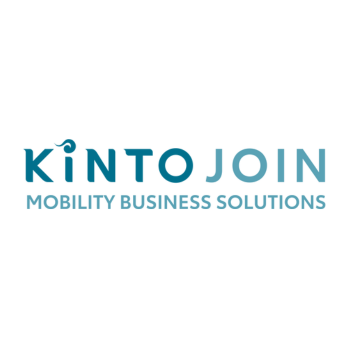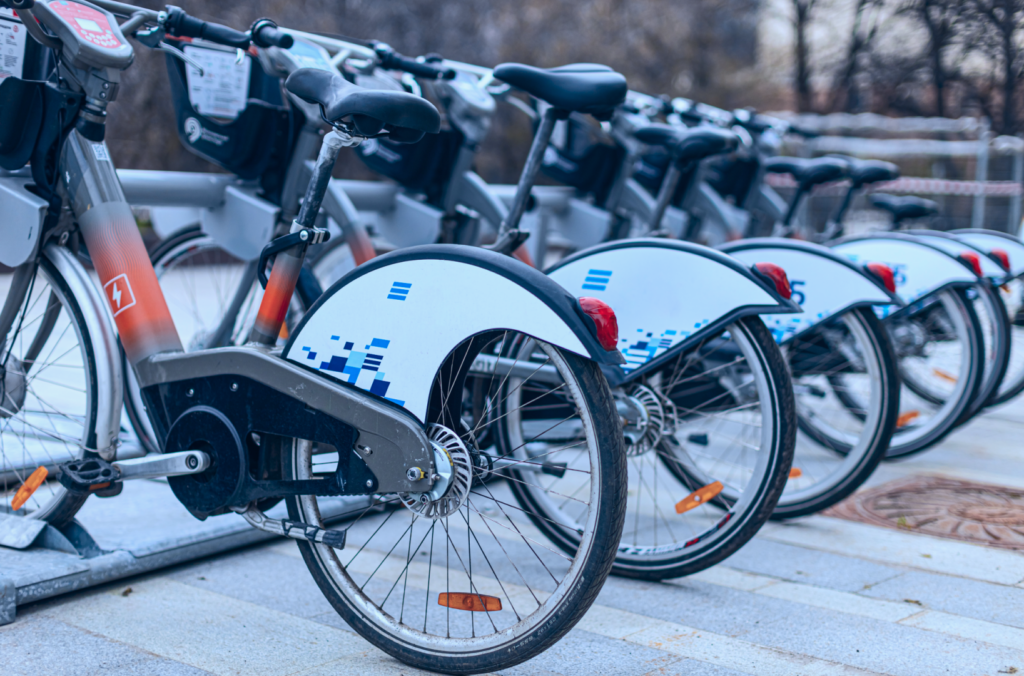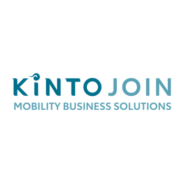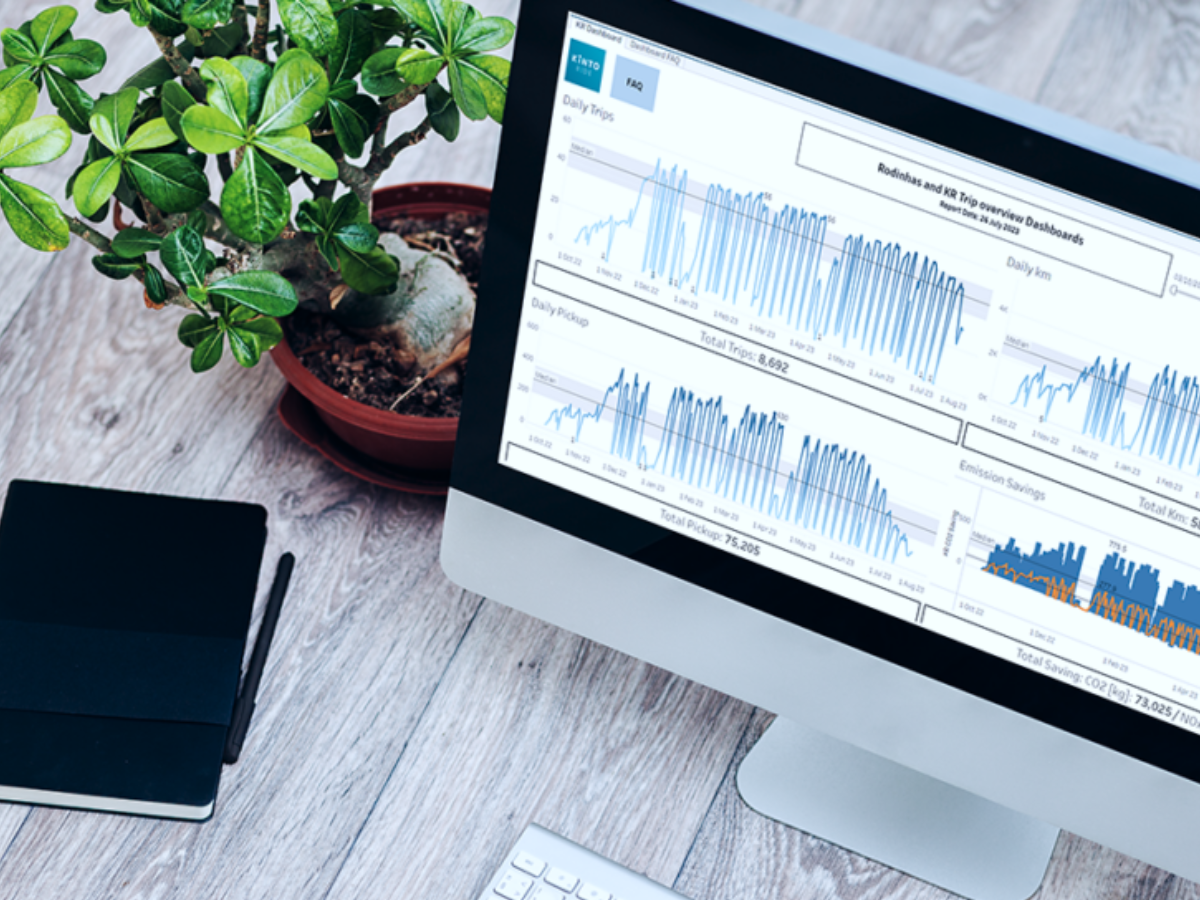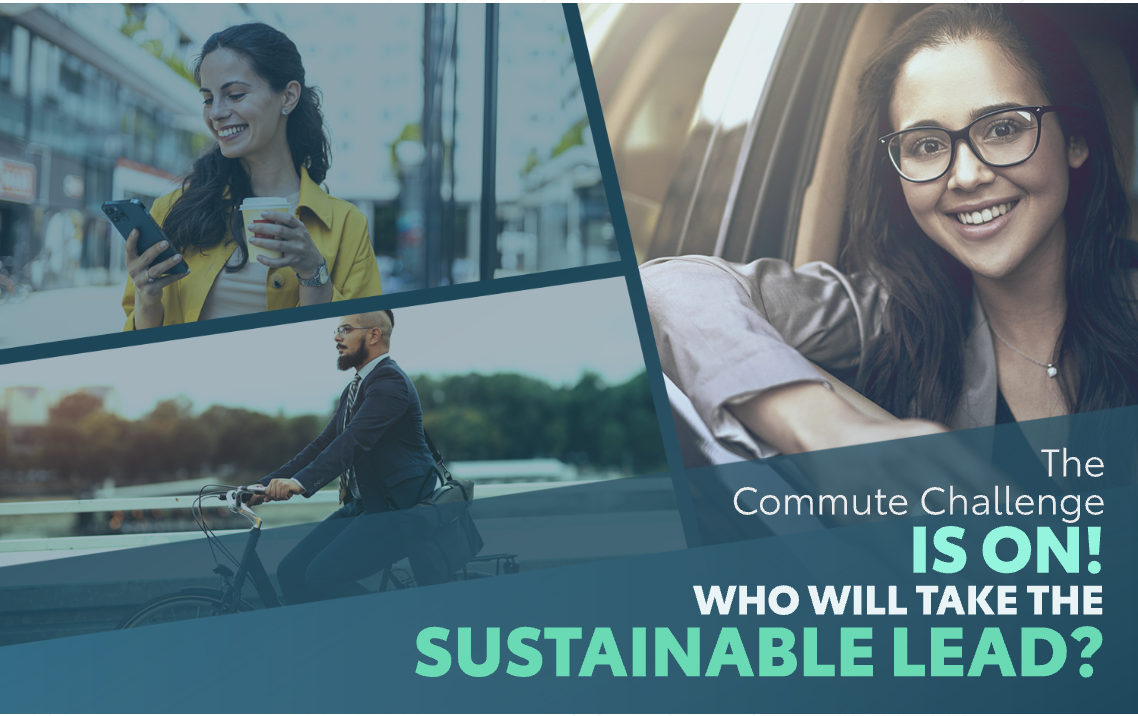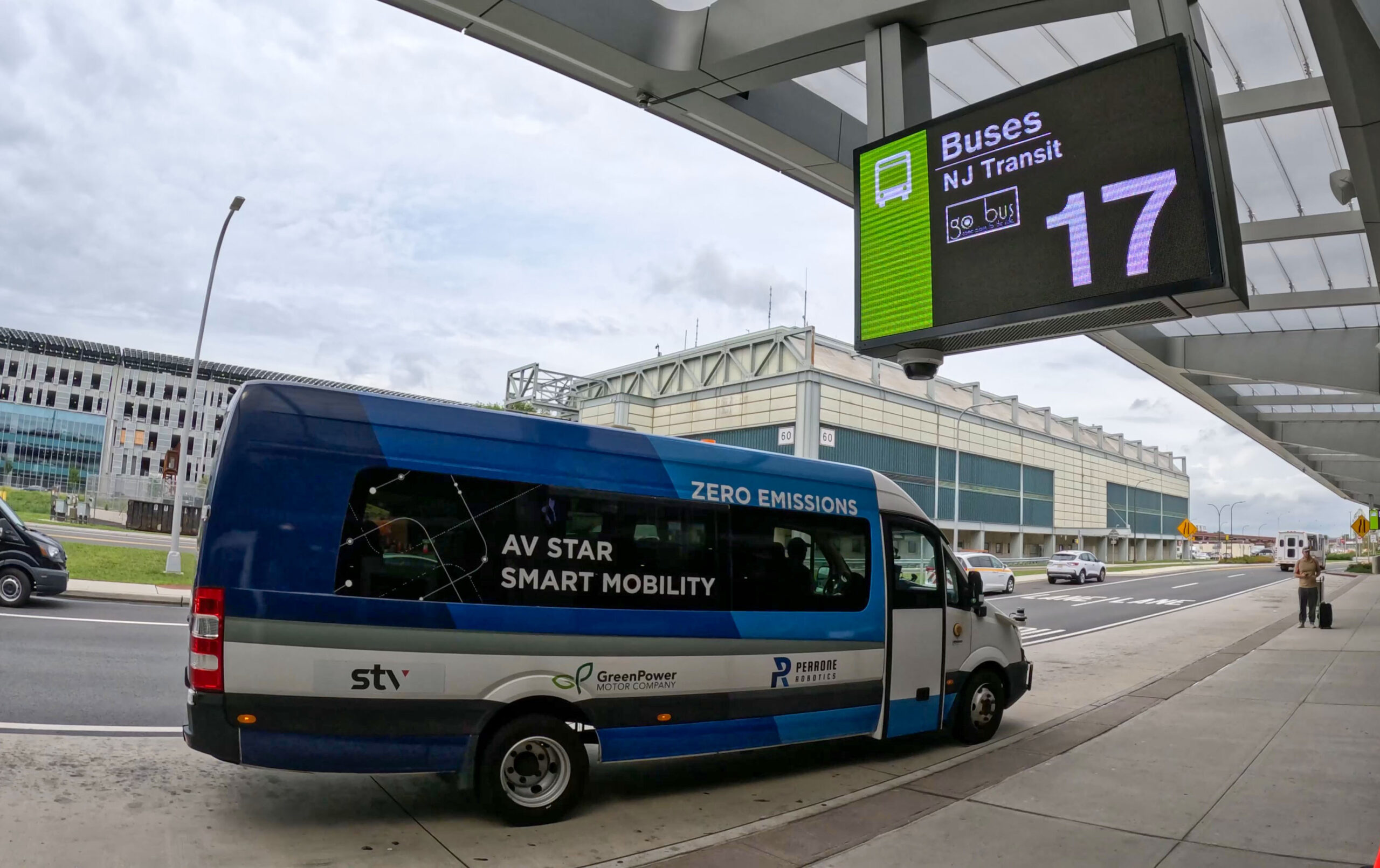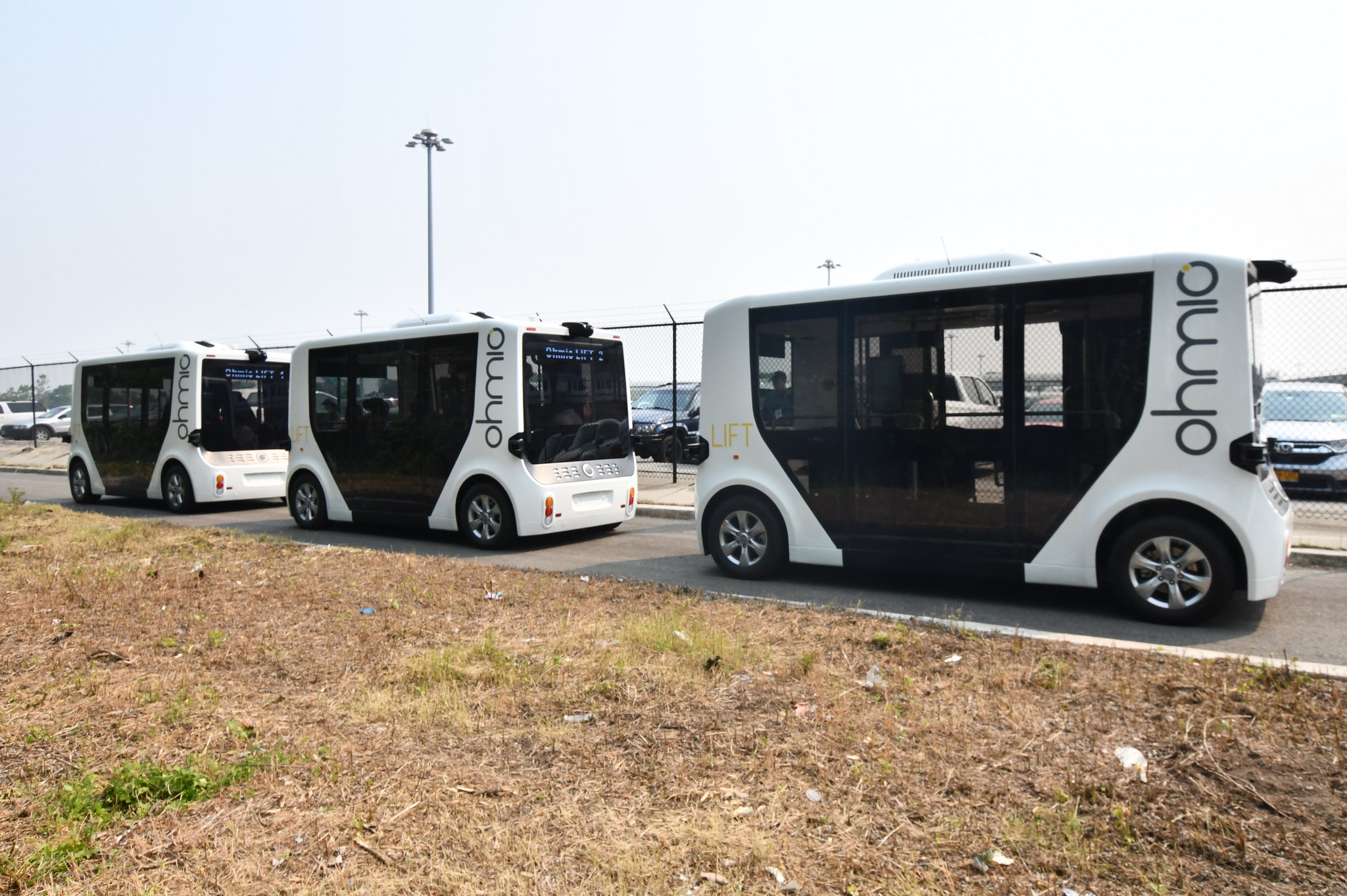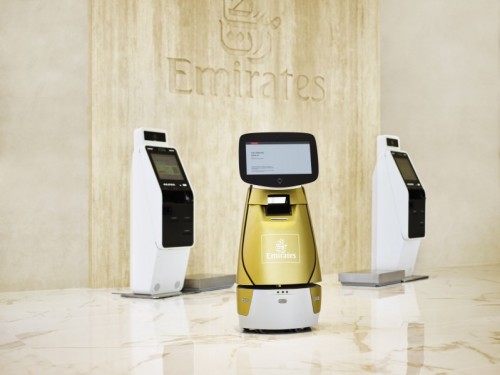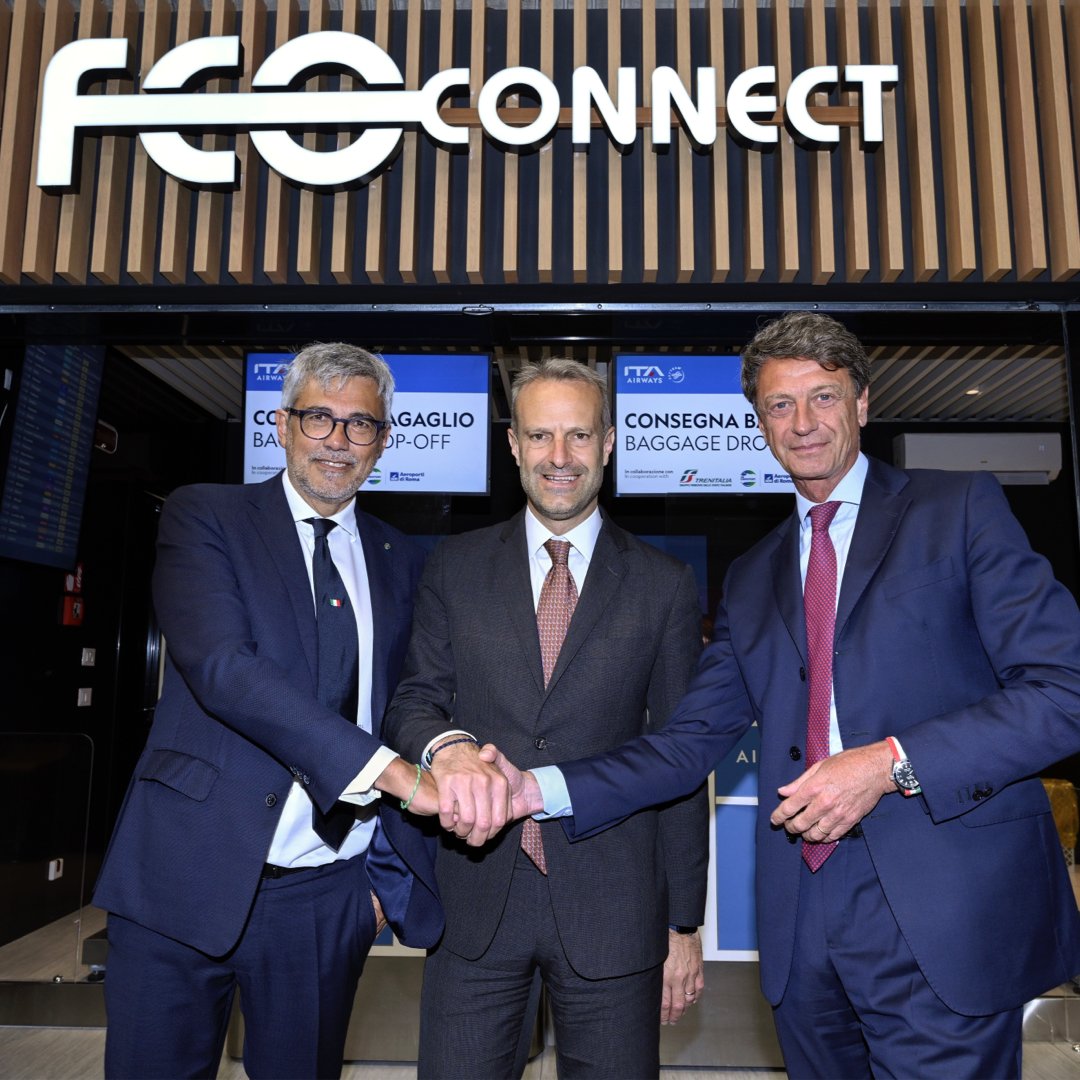Did you know that on average, people waste 17 hours a year driving around looking for a parking spot?
That is almost a whole day per year that you spend anxiously wandering around in search of an empty place to park.

This data proves that cities, businesses, and organizations are in desperate need of smarter and more efficient mobility solutions to parking problems.
But beyond the search for a parking spot lies a deeper issue—parking anxiety—and its considerable impact on employee productivity. When employees experience stress related to finding a parking spot at their workplace, it can lead to several negative outcomes that affect their overall performance and well-being.
In the rest of the article, we will explore the symptoms of parking anxiety and the best way to tackle this issue.
What Is Parking Anxiety and How It Can Influence Employee Productivity?

Parking anxiety emerges as a result of the uncertainty associated with finding empty and suitable parking at the workplace. This phenomenon is more common than one might think. It impacts individuals who have come to accept traffic challenges as an unavoidable part of their daily routine.
Symptoms of parking anxiety include physiological responses like:
- Racing heartbeat
- Trembling
- Shortness of breath
- Sweaty palms
- Palpitations
- Sense of disorientation, often escalating to the point of a panic attack
These stress-inducing situations can disrupt even the most resilient and experienced drivers. Here’s how the before-mentioned responses influence employee productivity:
Stress and Mental Health: Searching for a parking spot can be frustrating and stressful, especially when running late for work. This stress can lead to decreased focus, irritability, and overall decreased mental well-being. When employees are preoccupied with finding parking, they may struggle to concentrate on their tasks, impacting their productivity.
Arrival Time: Employees might arrive at work earlier than necessary to secure a parking spot, unproductively spending time in their cars. If they arrive late due to parking difficulties, they may begin their workday feeling flustered. This can negatively impact their ability to focus and perform effectively.
Time Wasted: Time spent circling parking lots is time that employees could have spent on productive tasks. This can lead to wasted time at the beginning and end of each workday, reducing the overall amount of time available for actual work.
Physical Health: Walking longer distances from distant parking spots can add up over time, especially in inclement weather. This could impact employees’ physical well-being, and energy potentially affecting their ability to perform at their best.
Job Satisfaction: A constant struggle with parking can negatively influence job satisfaction. Employees who consistently experience stress related to parking may become increasingly dissatisfied with their work environment. This can lead to reduced motivation and engagement.
Burnout: Over time, the combination of stress, wasted time, and decreased job satisfaction can contribute to burnout. Burnout can lead to reduced creativity, enthusiasm, and overall job performance.
Team Dynamics: Parking-related stress can spill over into workplace relationships. Employees who arrive at work feeling frustrated or anxious due to parking issues might be more prone to conflicts with colleagues. This can impact teamwork and collaboration.
Absenteeism: Employees who constantly struggle with parking-related stress might be more likely to take unplanned absences or arrive late. This can disrupt team dynamics and create additional stress for coworkers who have to pick up the slack.
Mitigating this issue is essential for cultivating a safe and productive work environment. Preventing parking anxiety not only places employers ahead of potential issues but also enhances employee productivity, ultimately contributing to a higher rate of employee retention.
Now that you know all the repercussions parking anxiety can have on your employees and your business, learn how to prevent it.
Alternative Transportation Options as a Remedy for Your Parking Anxiety

Encouraging corporate carpooling, public transportation, biking, or remote work can all alleviate parking-related stress. Here’s how incorporating these sustainable transportation methods can serve as a resolution to your parking challenges:
Reduced Personal Vehicle Usage: Sustainable commuting options like public transportation, biking, walking, carpooling, and ridesharing can reduce the number of cars on the road. This means less competition for parking spots, reducing the stress of finding a parking space.
Less Need for Parking: When more people use sustainable commuting options, the overall demand for parking decreases. This can lead to less congestion in parking lots and on the streets, making it easier to find parking spaces.
Promotion of Alternative Options: Businesses provide incentives to encourage sustainable commuting among their employees, such as preferred parking for carpoolers or bike commuters. This can make it easier for sustainable commuters to find parking.
Reduced Environmental Impact: Sustainable commuting reduces air pollution, congestion, and overall environmental impact. Cities and businesses that promote these options may invest in more sustainable urban planning, including better parking management.
Healthier Commute: Walking or biking to work can be a healthier alternative, reducing stress and improving well-being. This positive experience can mitigate the anxiety associated with parking.
Community Benefits: A shift towards sustainable commuting can lead to stronger communities, reduced traffic, and improved quality of life. These factors can positively impact overall attitudes toward parking and commuting.
The effectiveness of these solutions depends on the availability and quality of sustainable commuting options in your area, as well as the policies and initiatives in place to support them. Encouraging sustainable commuting can lead to a more relaxed and efficient parking experience, benefiting both individuals and the community.
Taking parking management to the next level doesn’t happen overnight. It’s a long and complex process that starts with educating yourself on possible innovative solutions.
One of the potential solutions that will shift your business into an anxiety-free zone when it comes to parking could be a sustainable commuting platform with built-in parking management.
You might not know what the future holds, but you can rely on smart technology to clear your parking lot and your path to success.
This article was originally published by KINTO Join Mobility Business Solution.


